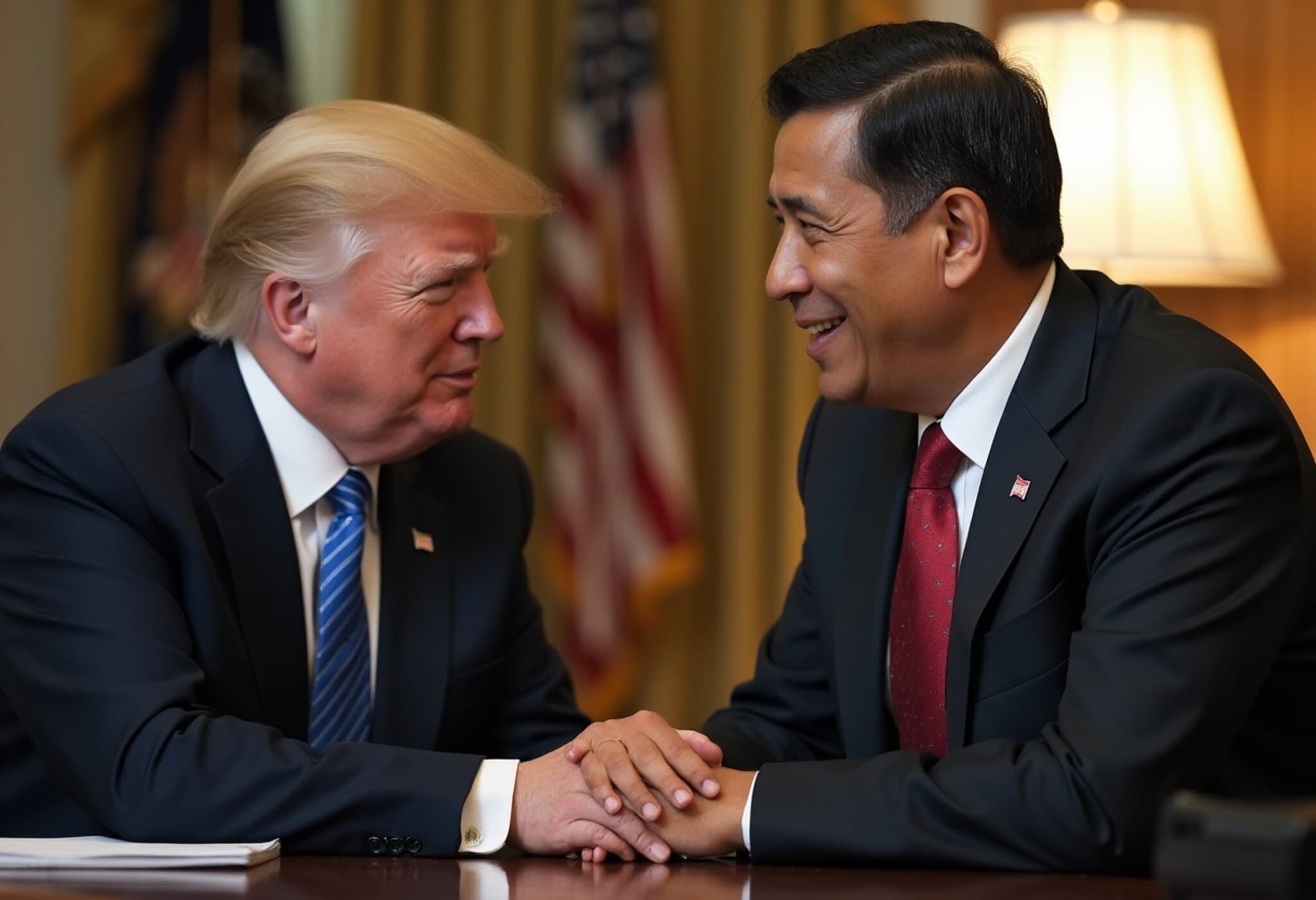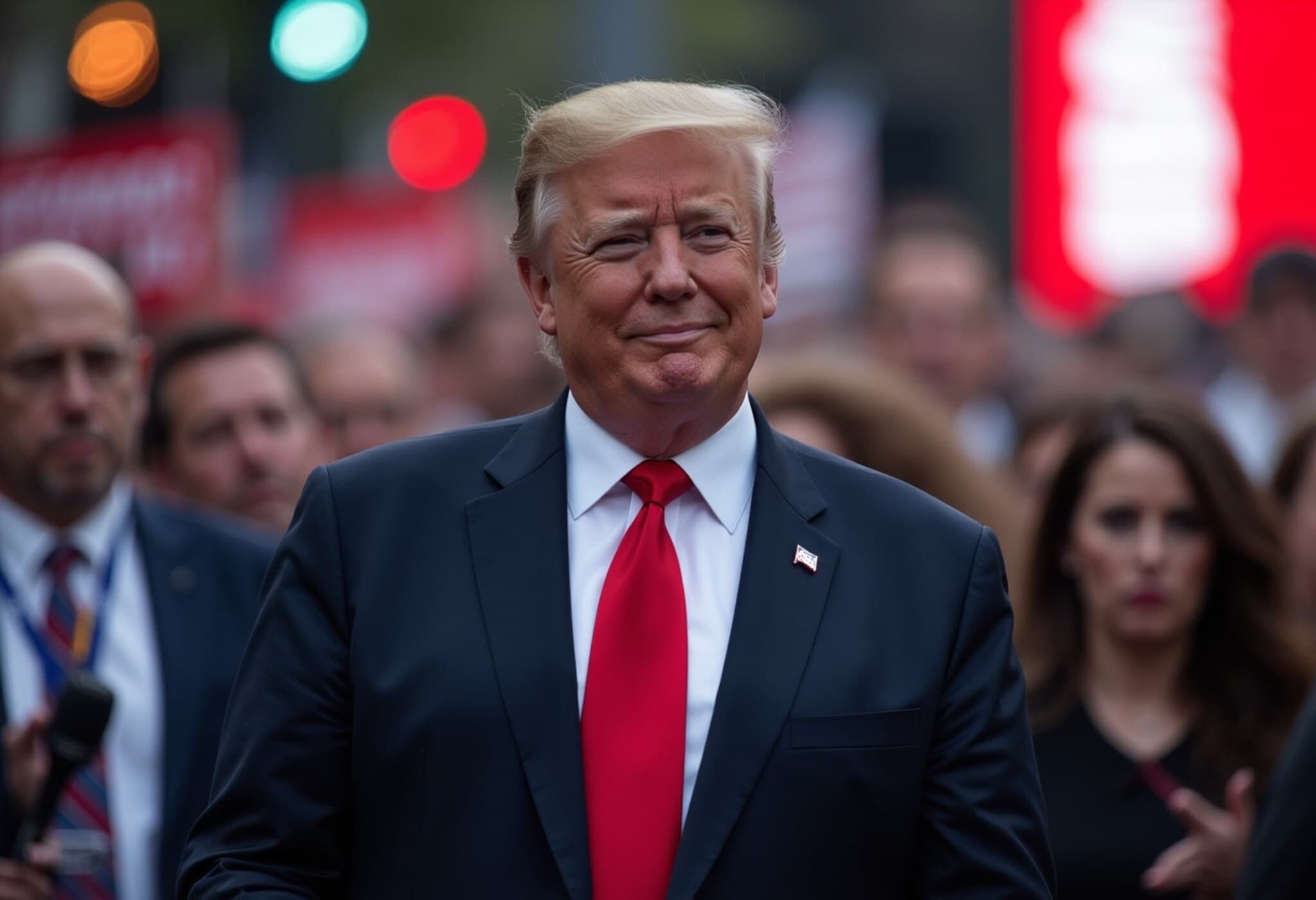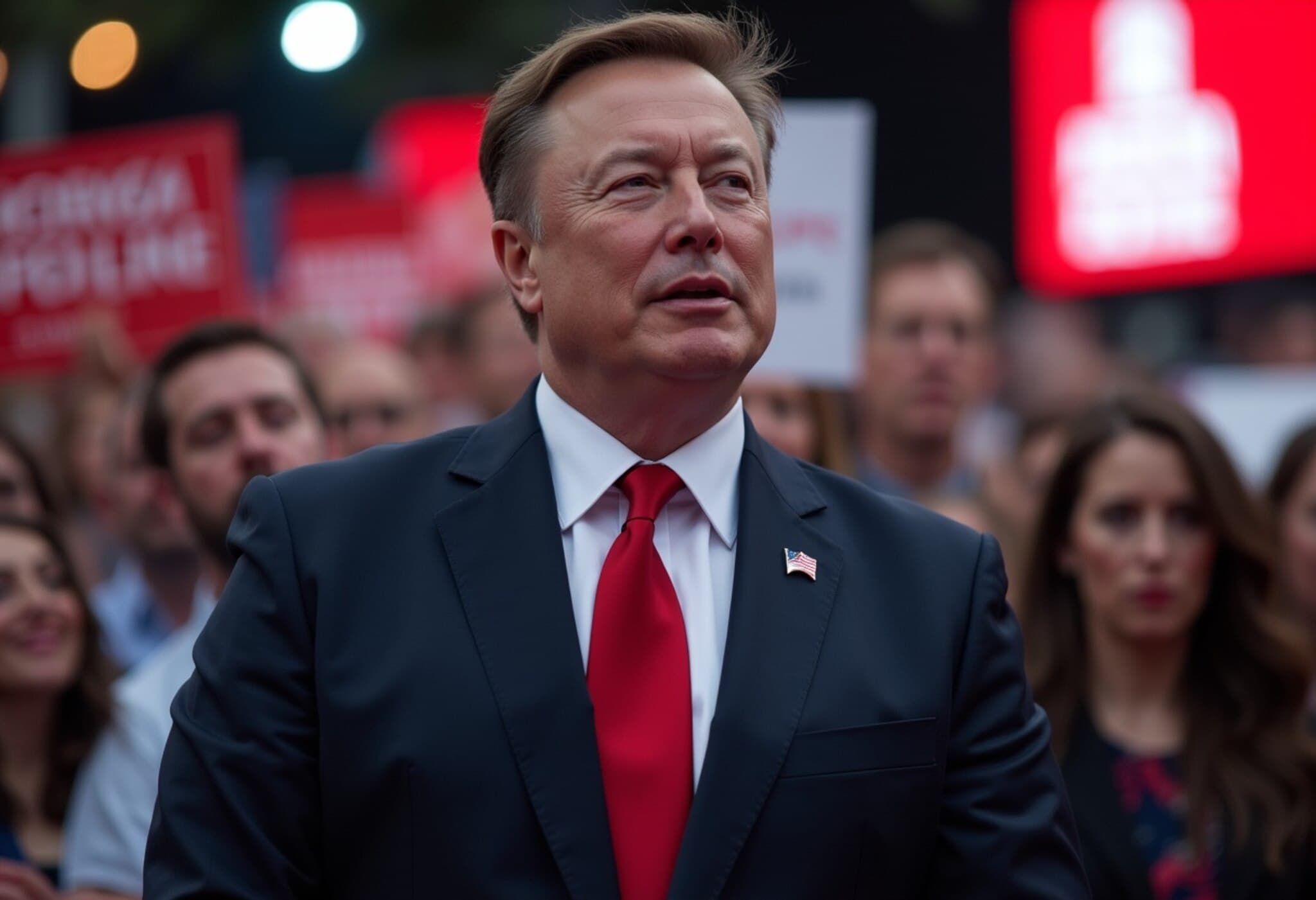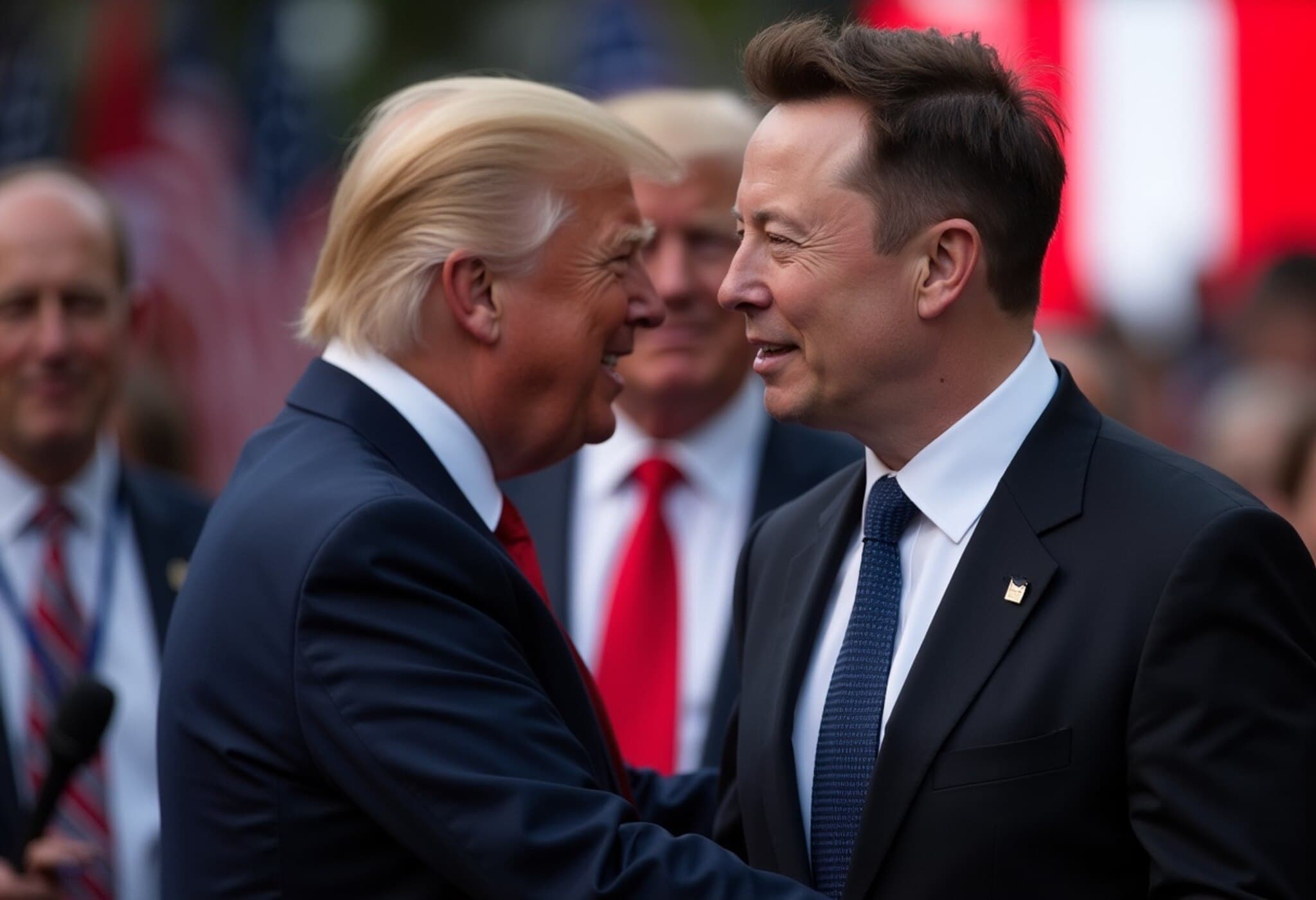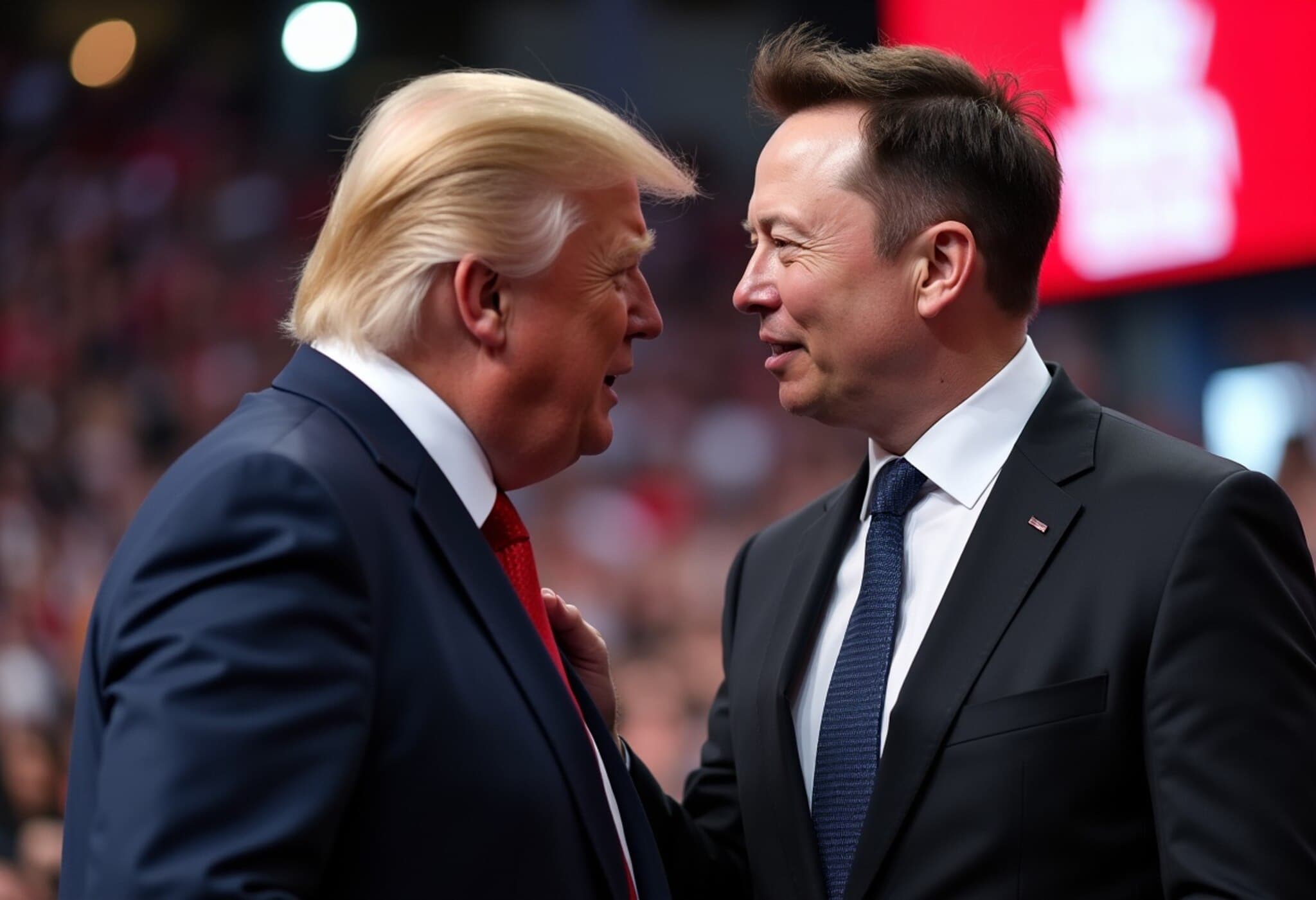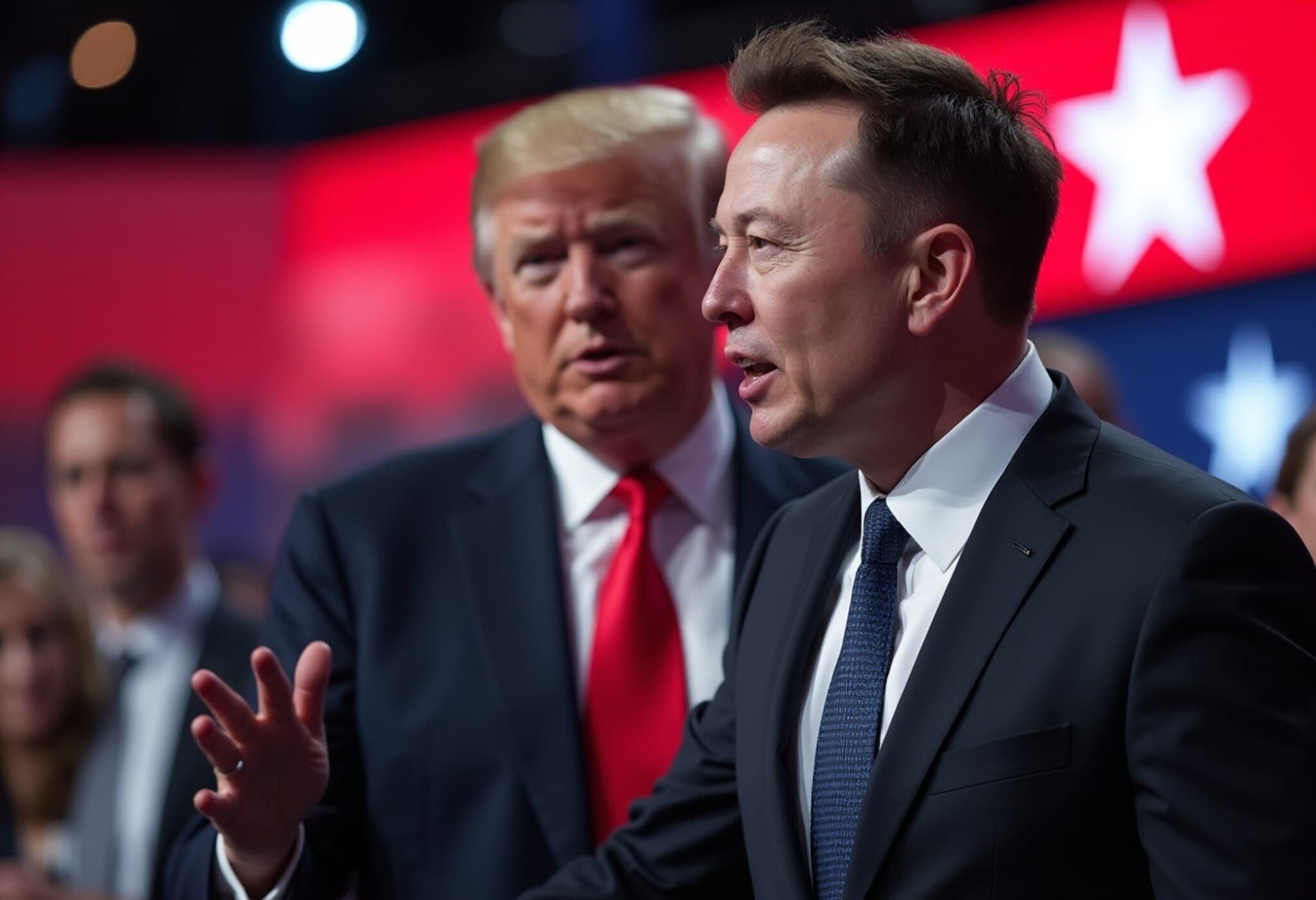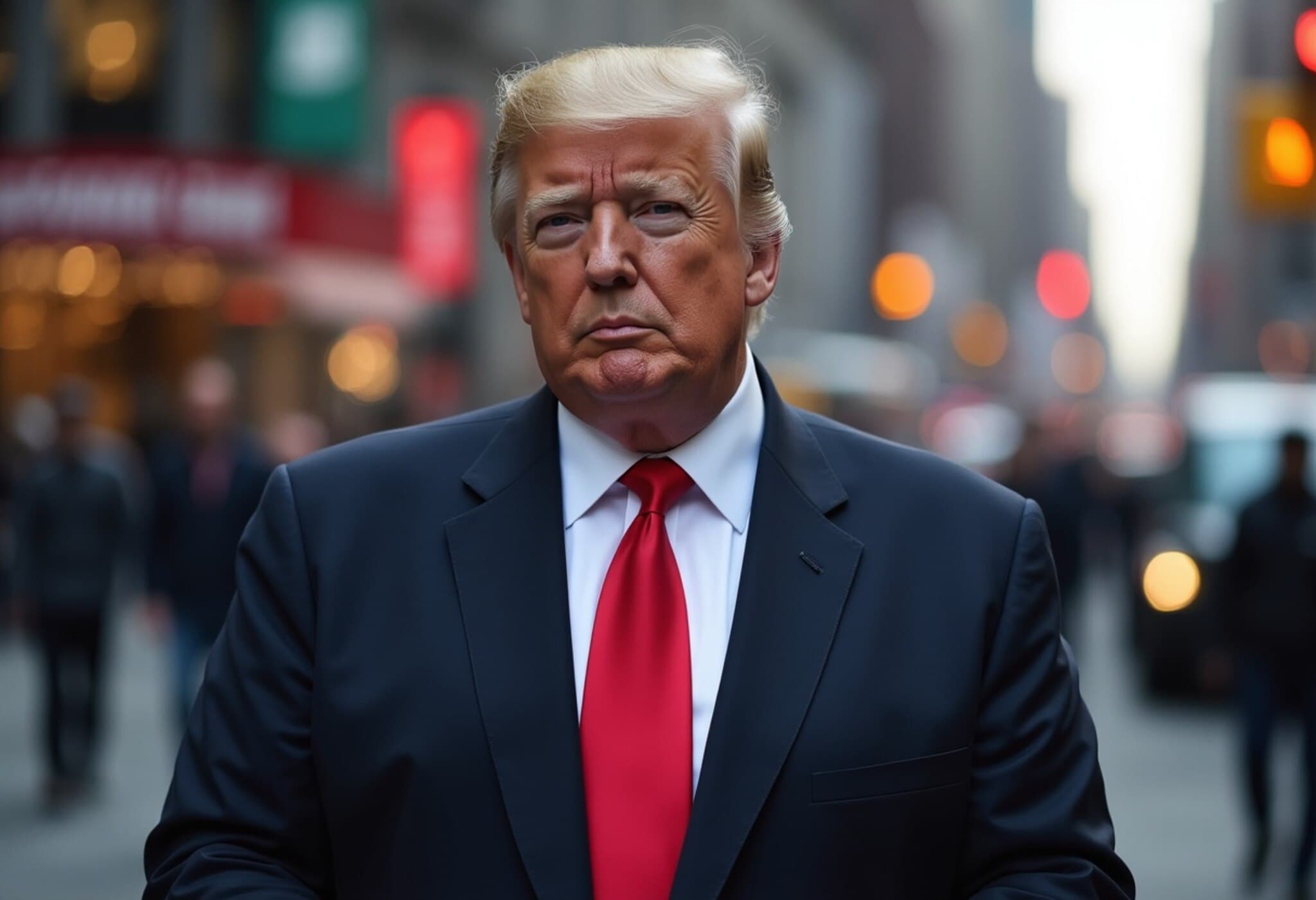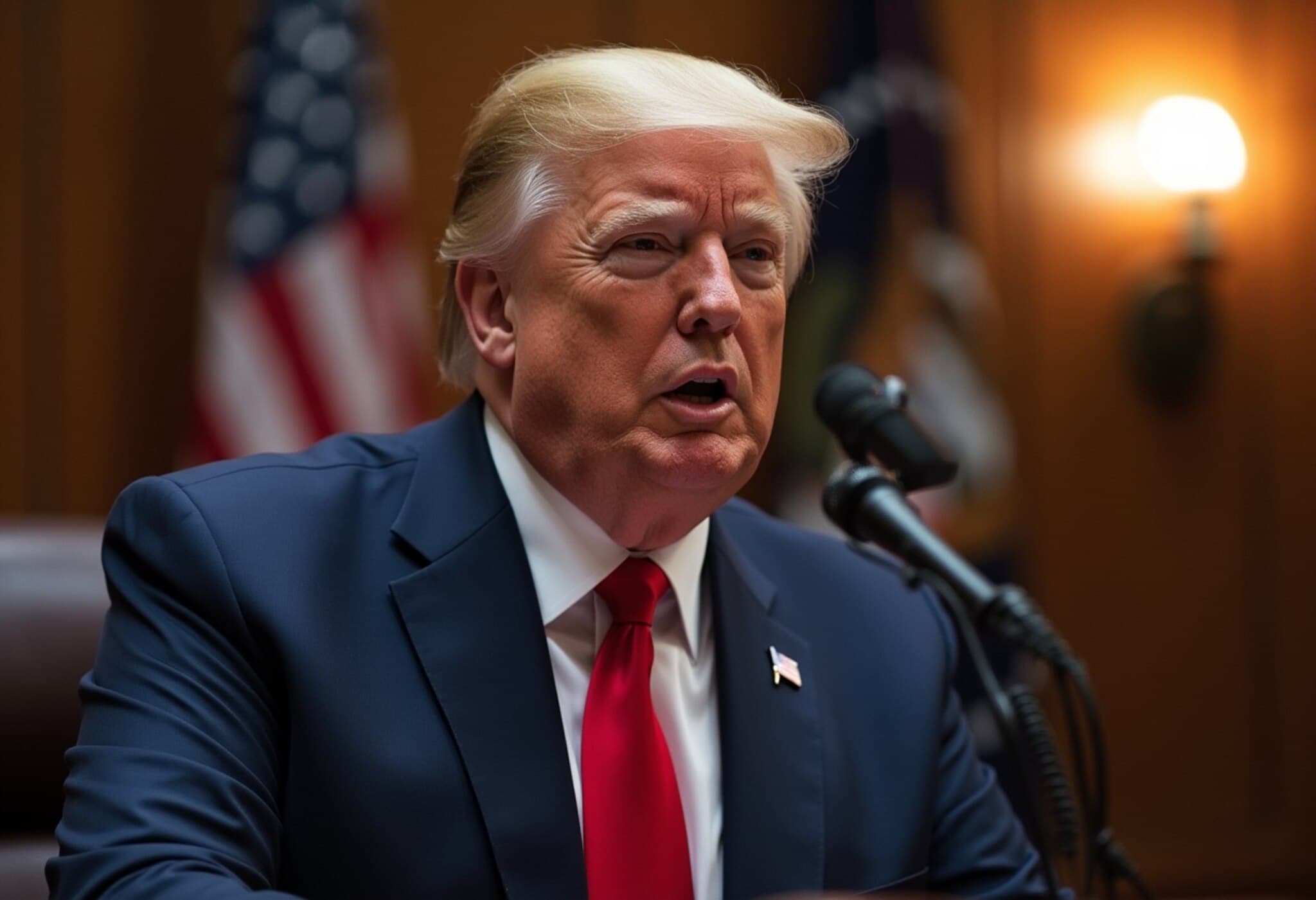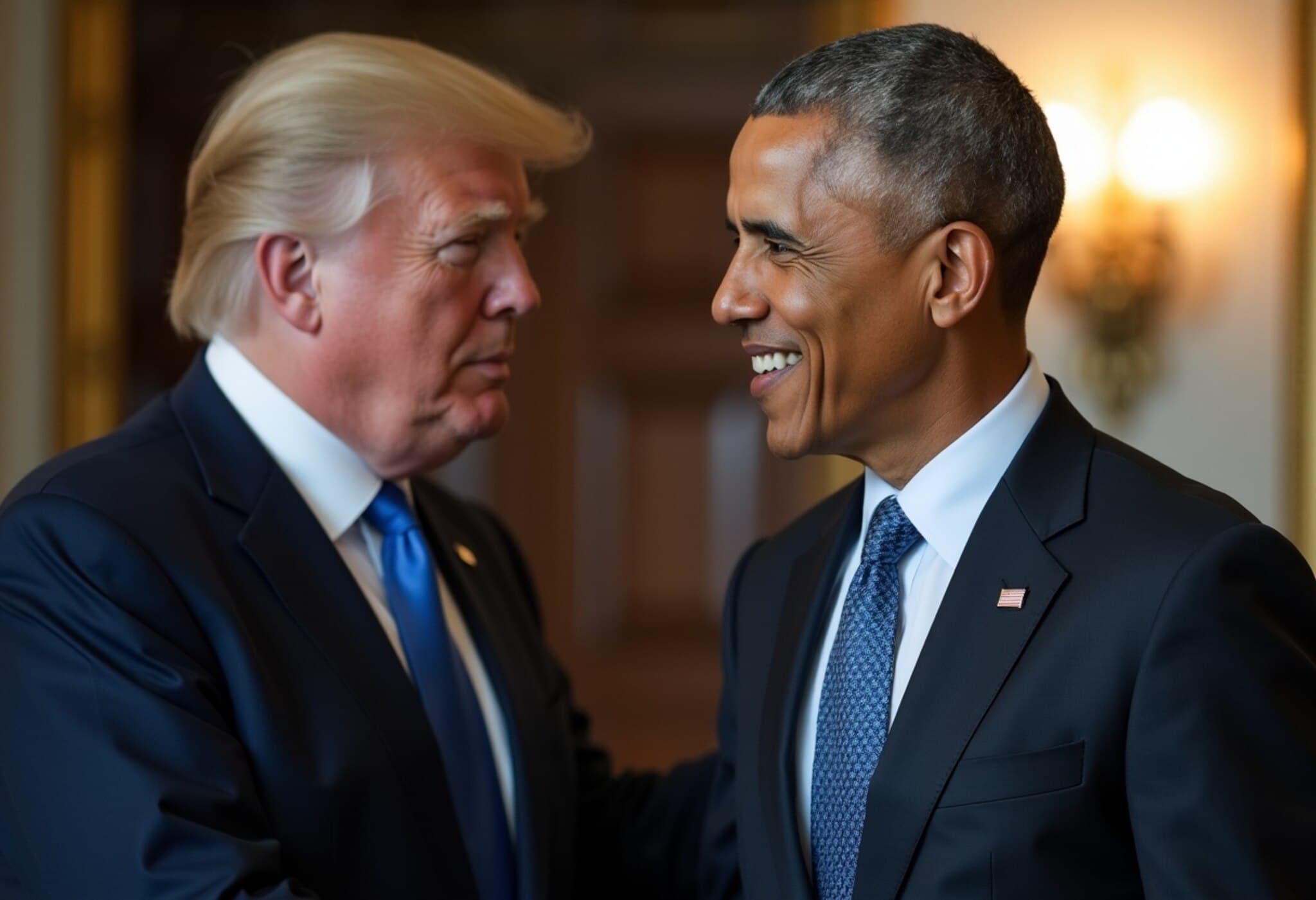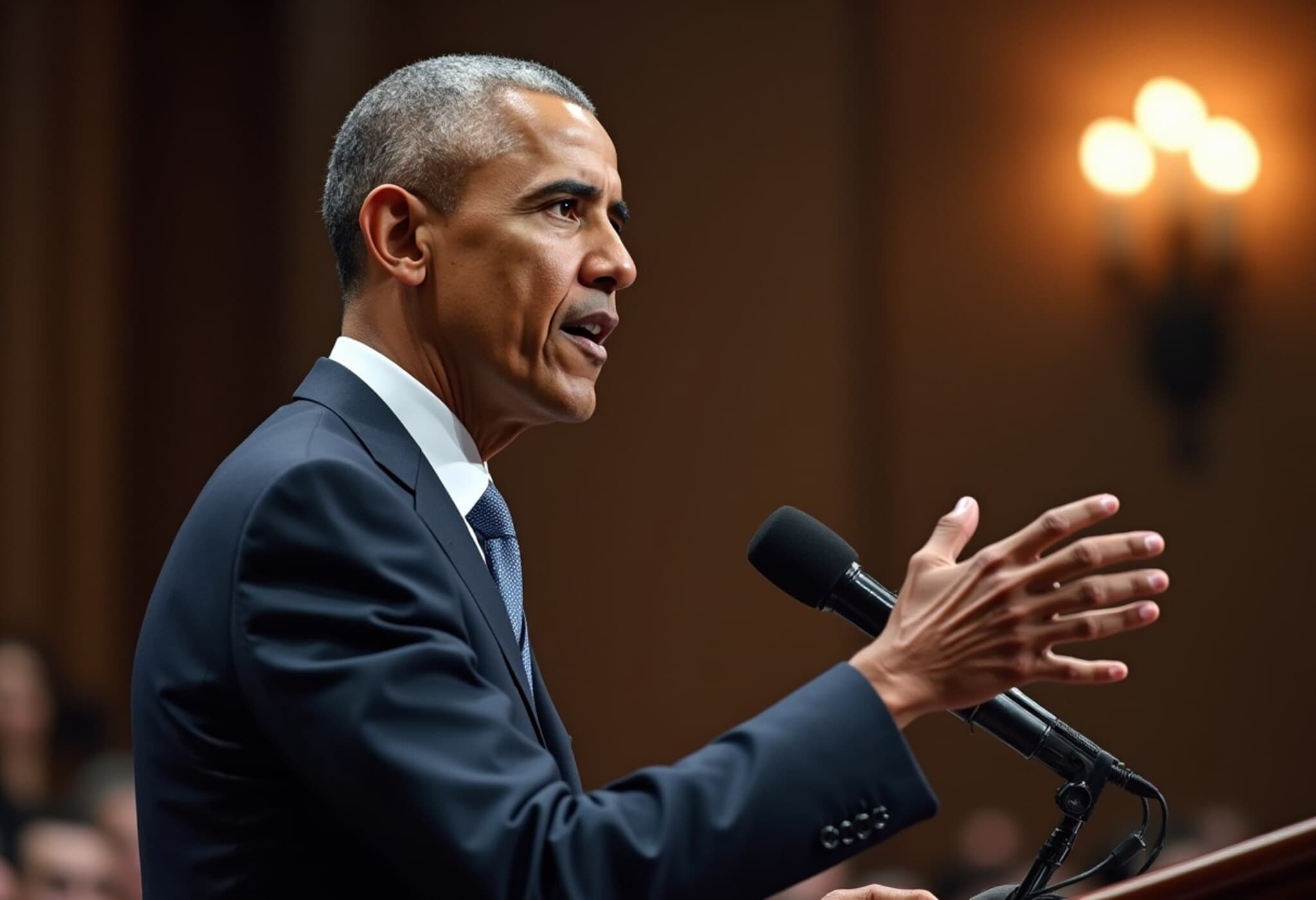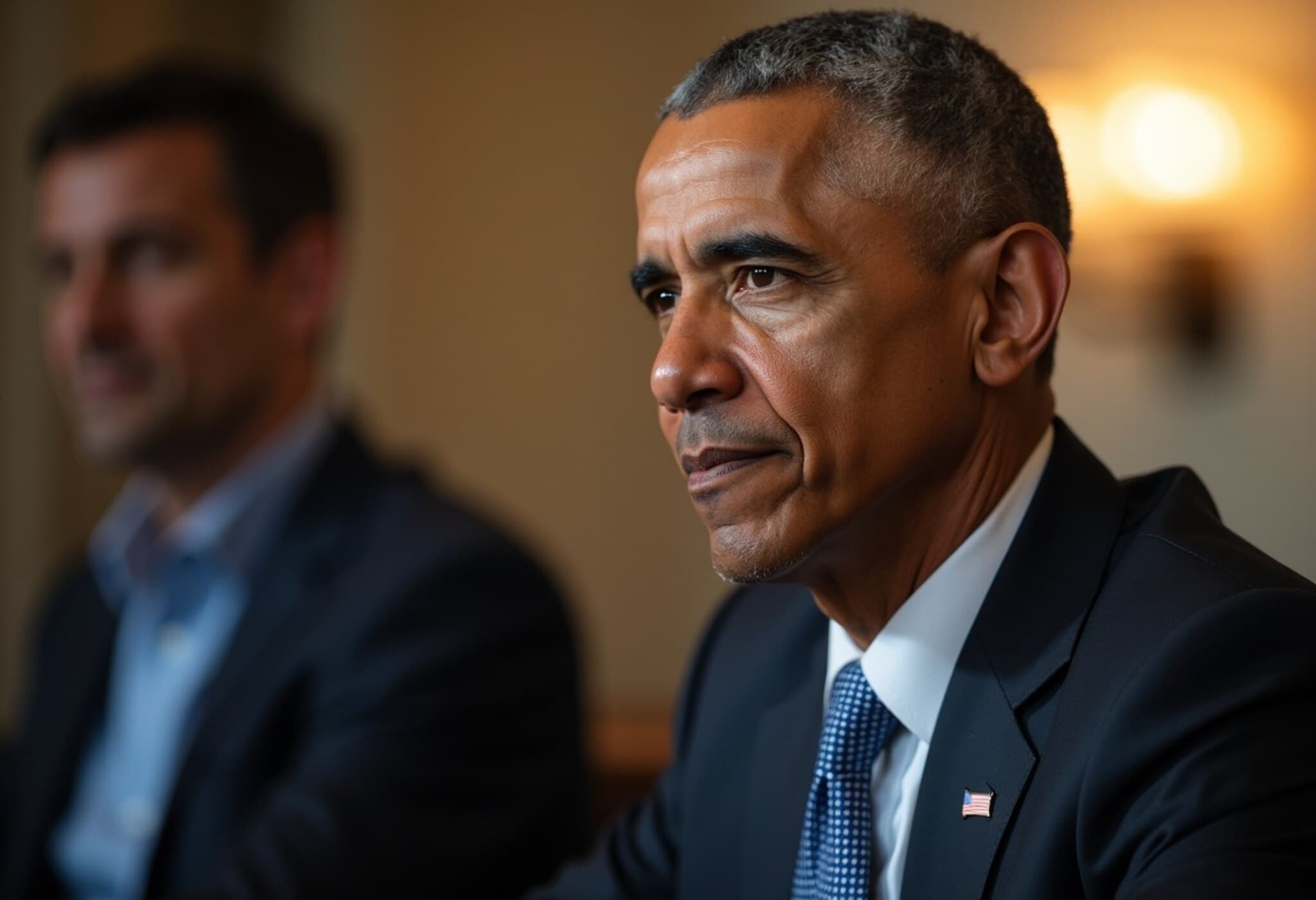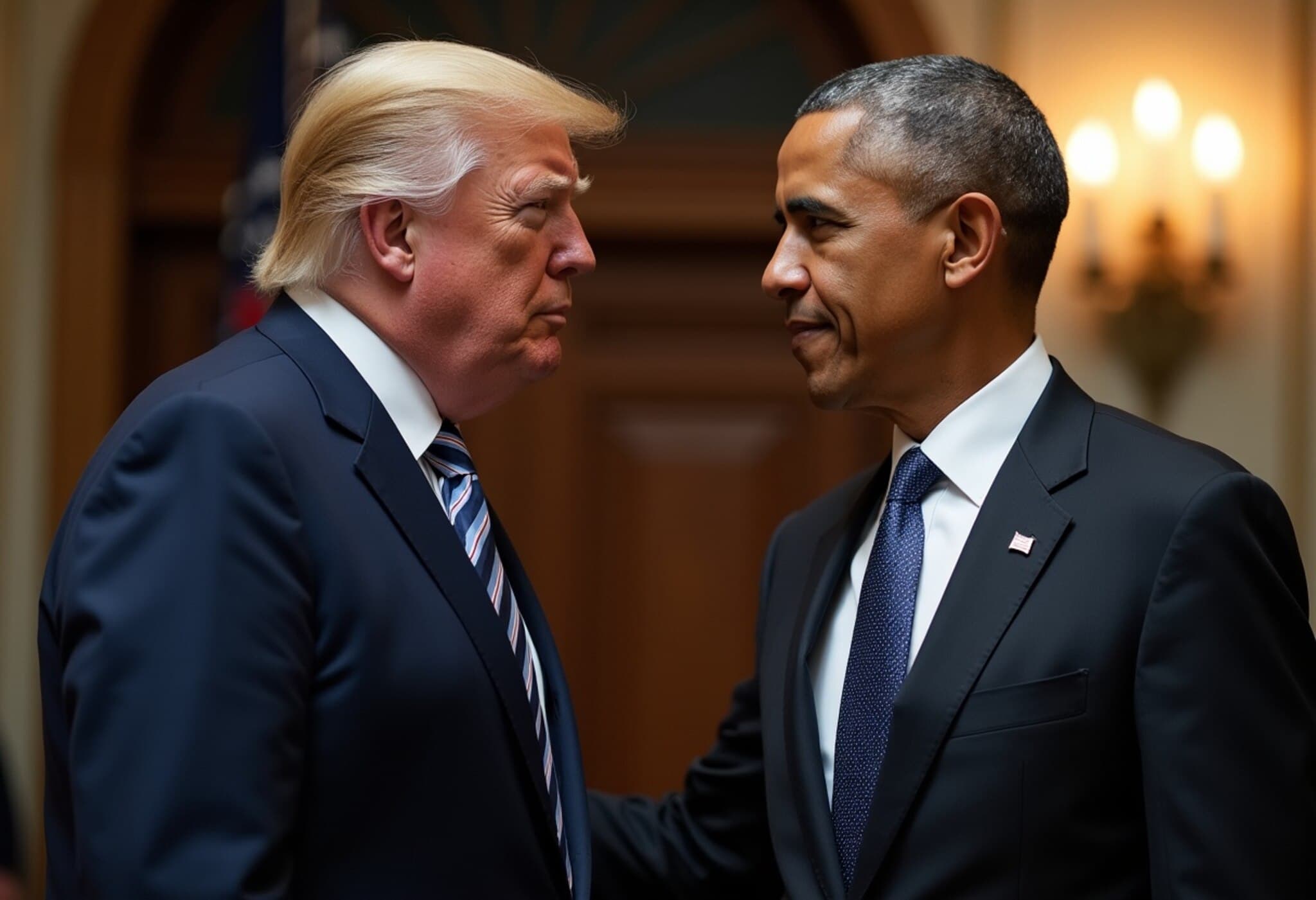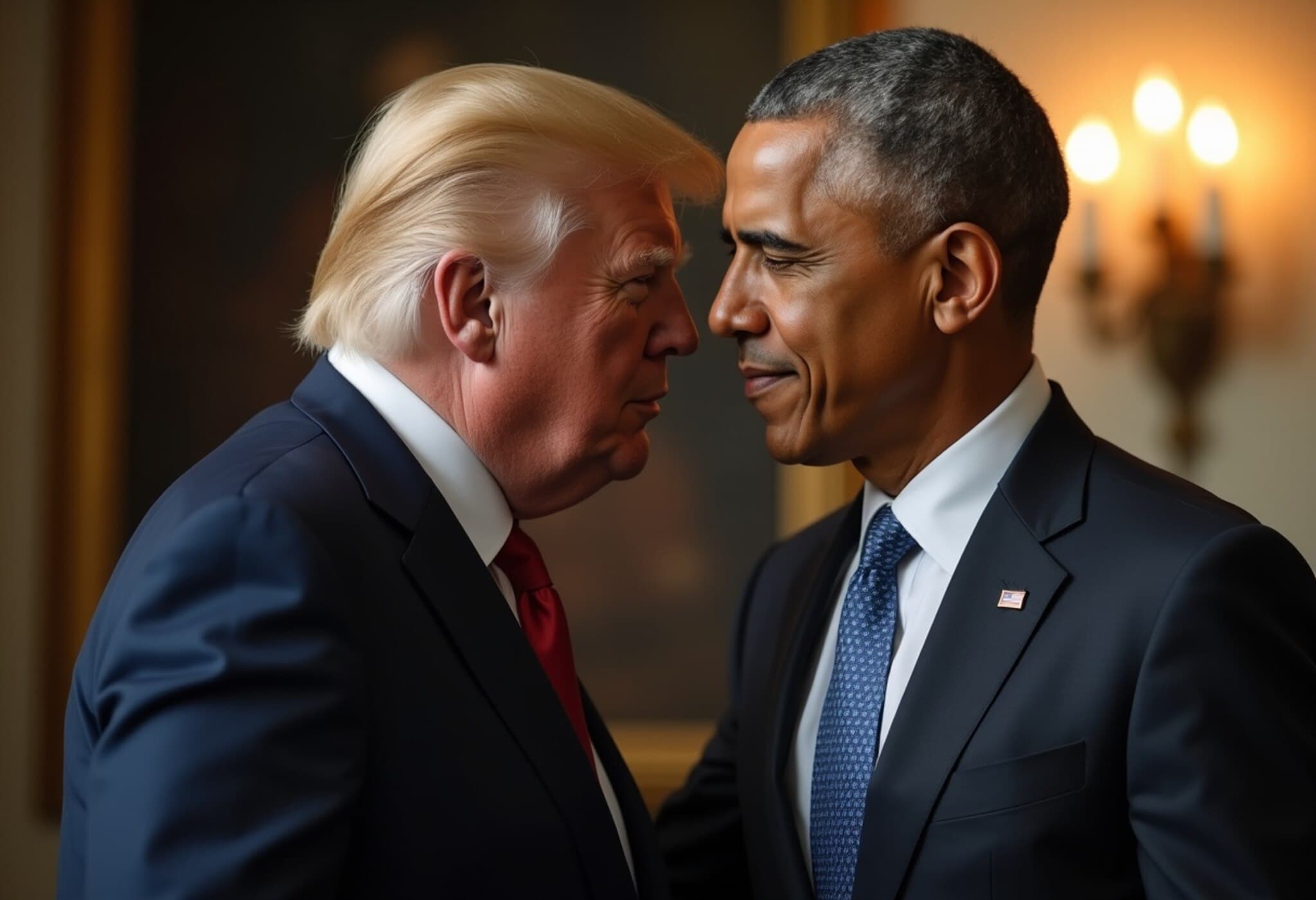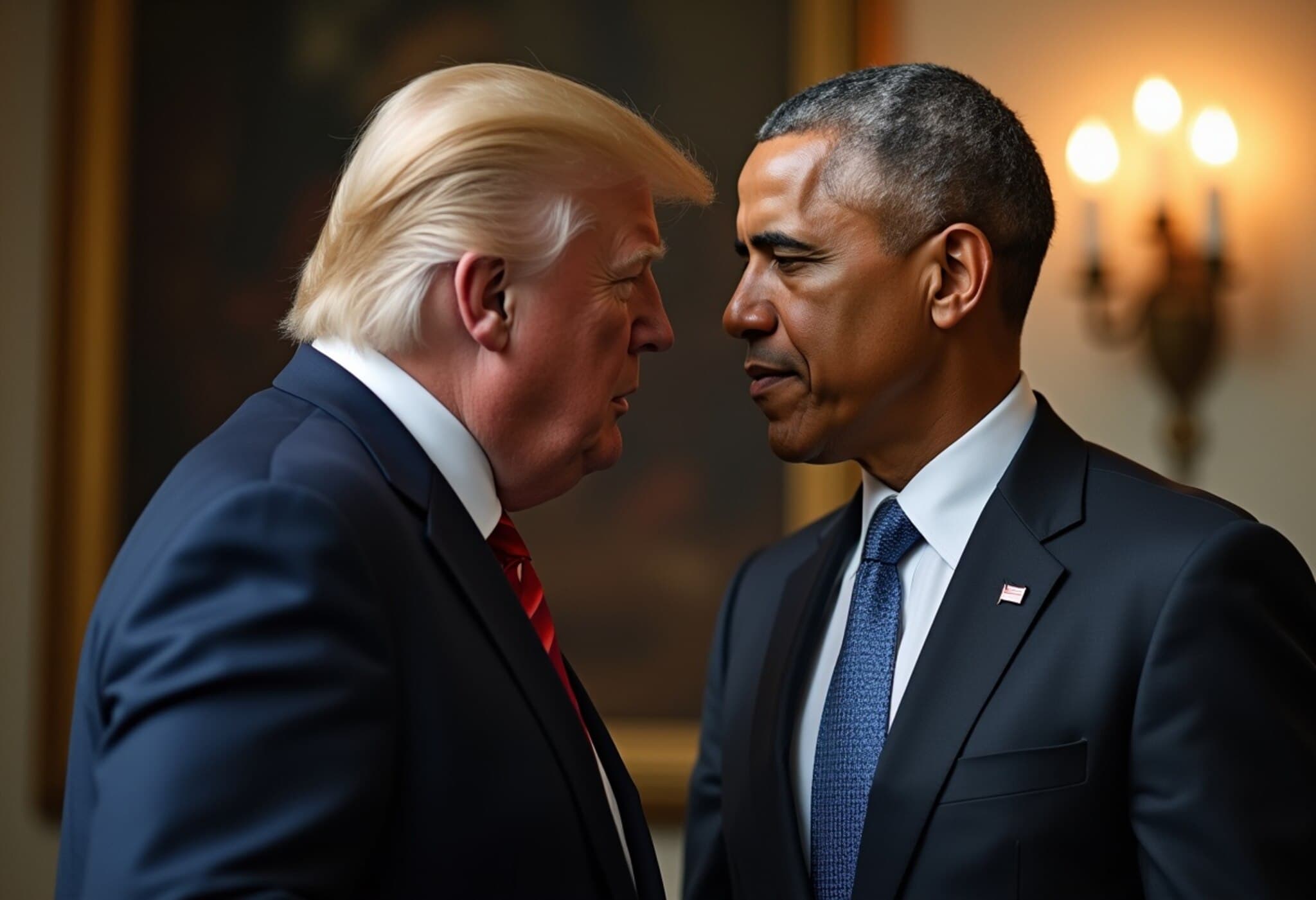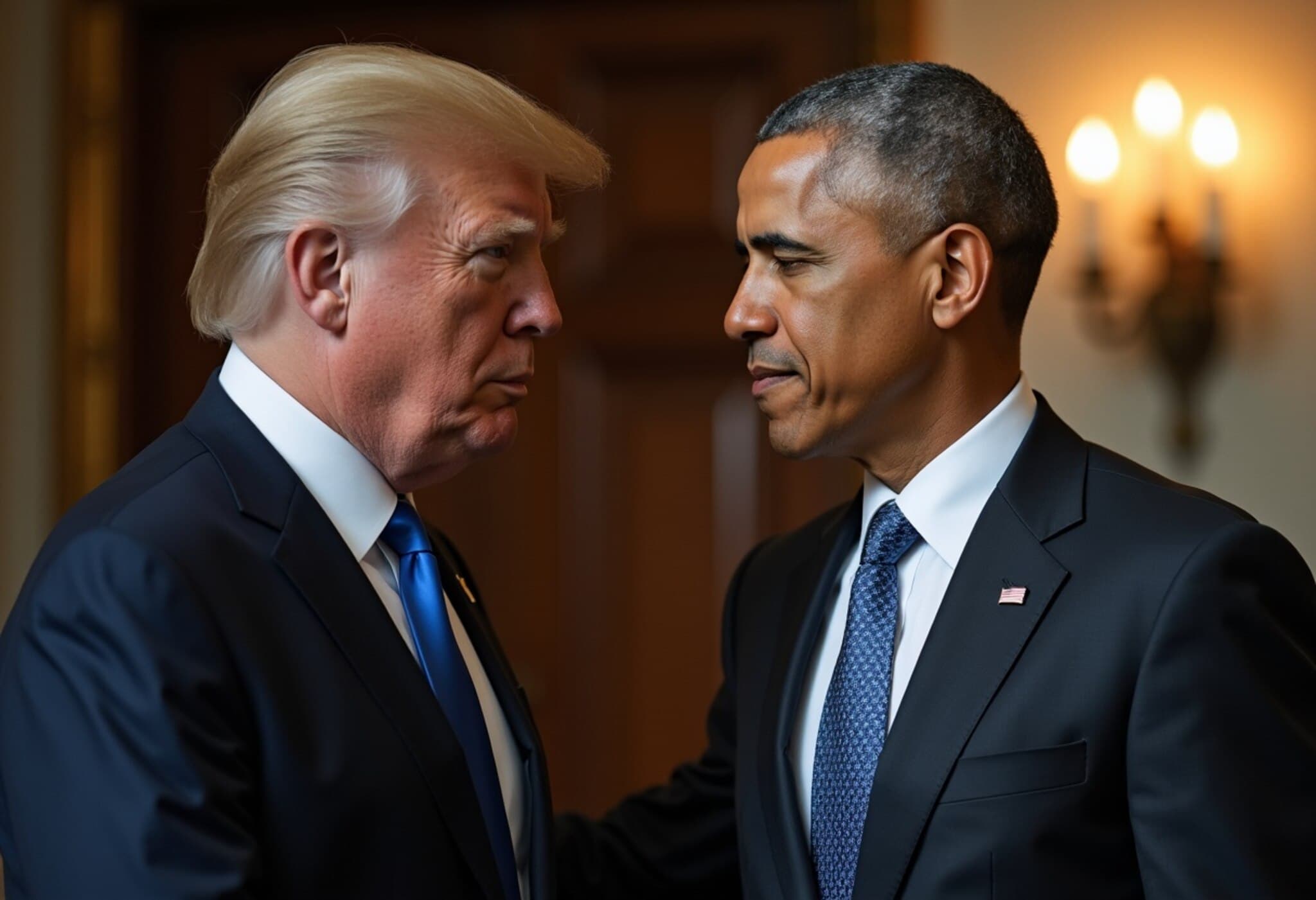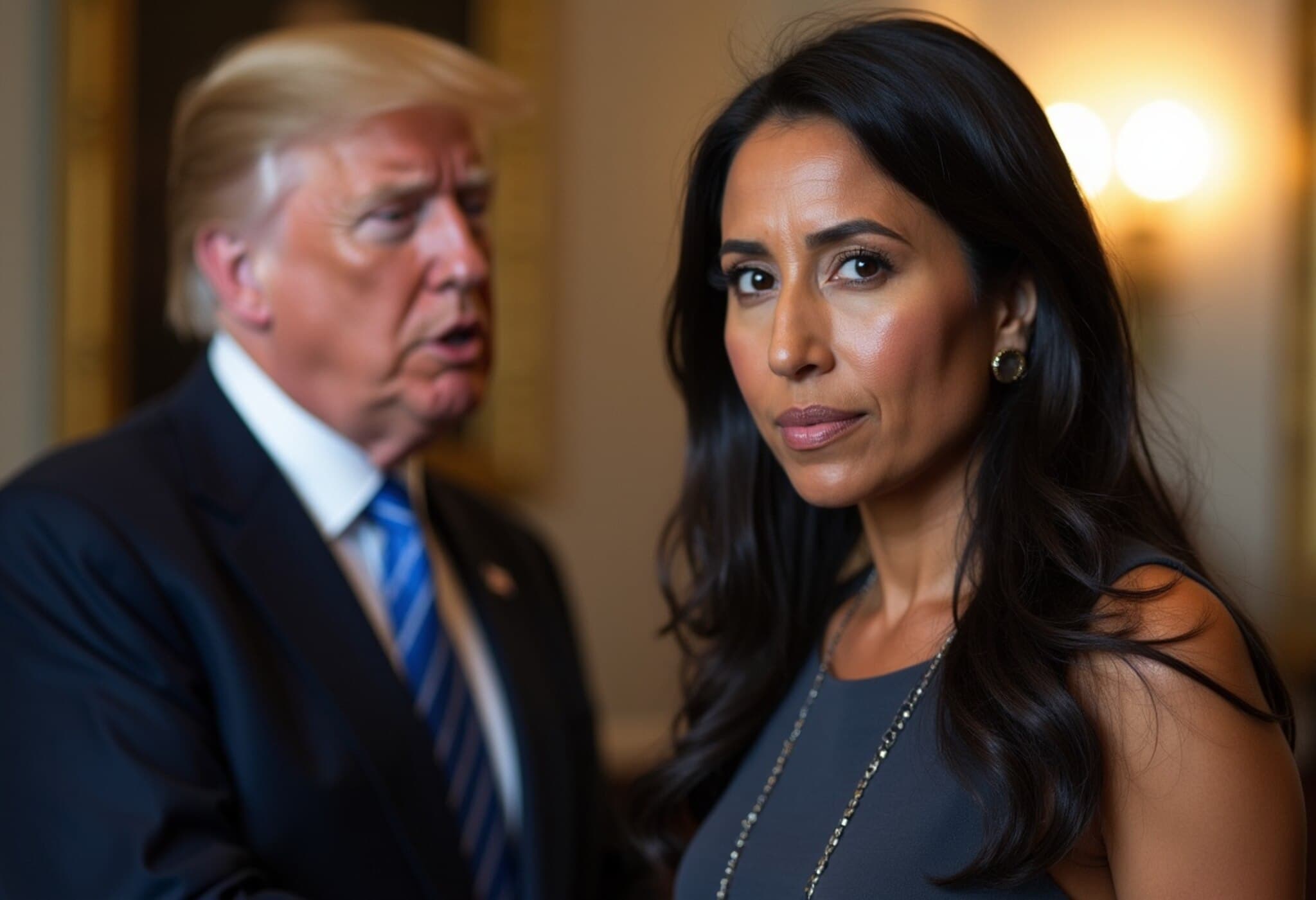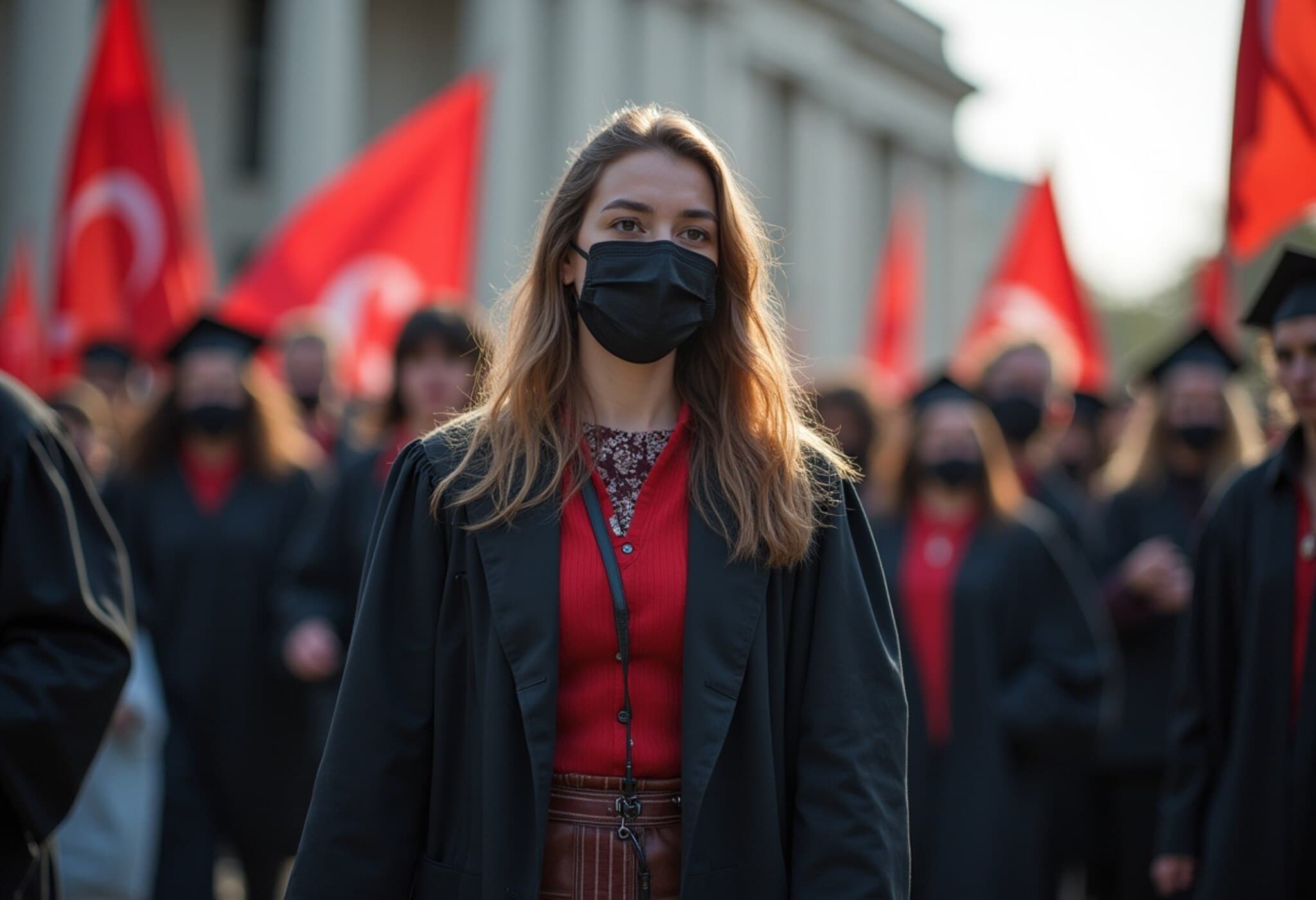Trump Levels Explosive Treason Accusations Against Obama in Oval Office
In a spectacle witnessed by Philippines President Ferdinand Marcos Jr during his recent White House visit, President Donald Trump launched a fervent and unsubstantiated attack against former President Barack Obama. The accusation: that Obama orchestrated a "treasonous conspiracy" to undermine the 2016 U.S. presidential election.
The Contested Allegations
At the heart of Trump’s claims is a document released by Tulsi Gabbard, appointed by Trump as his director of national intelligence. This 11-page memo alleges that senior Obama administration officials exerted political pressure to alter intelligence assessments, painting Russia’s interference in the 2016 election as exaggerated and falsely implicating Trump.
Experts and official investigations, however, have consistently found that while Russia actively sought to influence the election in favor of Trump through a variety of covert operations, they did not hack voting machines or alter vote counts. This nuanced conclusion was upheld by bipartisan Senate Intelligence Committee reports, including endorsements by prominent Republicans like Senator Marco Rubio.
Trump’s Dramatic Oval Office Statement
In a fiery address, Trump stated unequivocally, “He’s guilty. It’s not a question… This was treason.” He singled out Obama, labeling him as the "leader of the gang" in a plot he described as the “biggest scandal in the history of our country.” Trump’s rhetoric reflected deep-seated frustration, as he continued uninterrupted for several minutes under the watchful eyes of his foreign guest.
Obama’s Measured Response and Political Implications
Barack Obama, largely stepping back from the spotlight these days, broke his silence to call Trump’s allegations “bizarre” and a “weak attempt at distraction.” He reaffirmed that intelligence findings about Russian election interference remain valid and unchallenged by the recent document.
This clash occurs amidst rising pressure on Trump regarding the release of sensitive Jeffrey Epstein files, which some lawmakers and the public view as a test of transparency and accountability. Speaker Mike Johnson’s recent move to postpone action while urging lawmakers to recess adds another layer of complexity to the unfolding political drama.
Experts Weigh In: The Broader Context and Risks
- Legal repercussions: Gabbard has hinted at possible criminal referrals, a move that could ignite new judicial battles amid a charged political atmosphere.
- Political distraction tactic: Analysts suggest Trump’s intense focus on Obama serves as a strategic diversion from Epstein-related scrutiny languishing over his administration.
- Media landscape impact: Conservative media outlets like Fox News and MAGA-aligned podcasts have amplified these accusations, while many Republicans seek a more fact-based approach, advocating for Epstein file disclosures.
Looking Ahead: What This Means for American Politics
Trump’s maneuvering signals an escalating high-stakes showdown not only between political figures but with broader implications for American democracy itself. Questions linger over who truly benefits from the dissemination of politically charged intelligence memos, and what this means for safeguarding the integrity of U.S. elections moving forward.
Editor's Note
As President Trump escalates allegations against Barack Obama amid growing calls to release Epstein files, the line between legitimate inquiry and politically motivated diversion blurs. While the accusations lack substantive evidence, they underscore a dangerous trend of weaponizing intelligence to foment division. Readers should critically assess the origins and implications of such claims and consider what transparency, accountability, and truth mean in today’s polarized political landscape.

